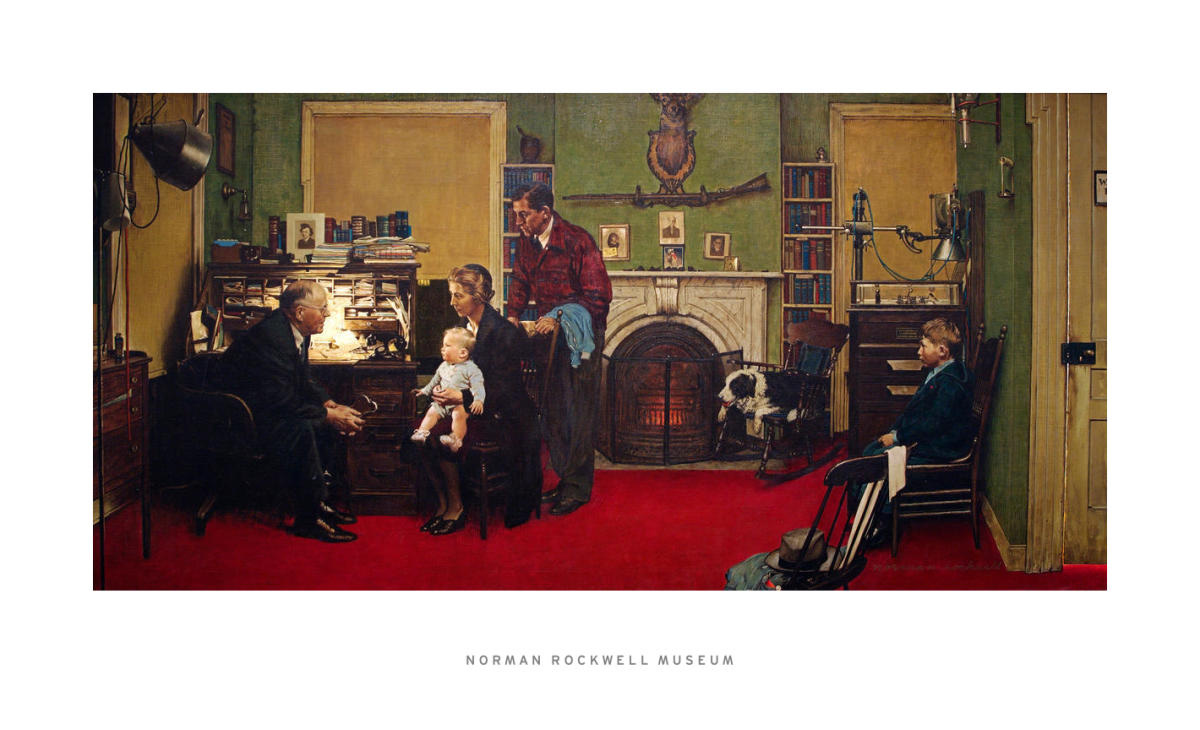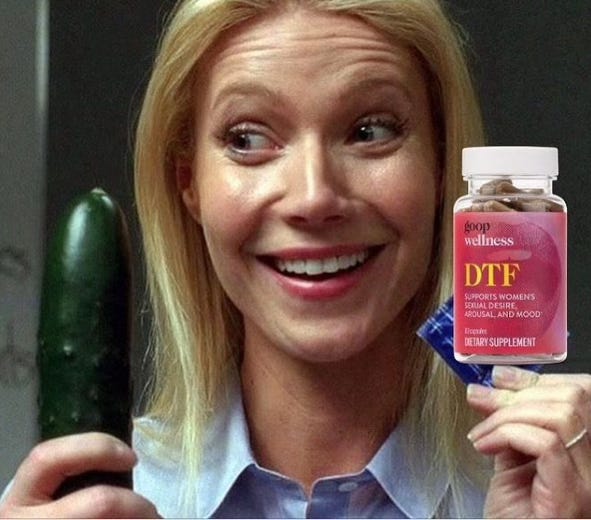Last Thursday I was thrilled to learn that my dear friend Robin Hopkins was going to be on an episode of Law & Order (dun dun🎵). Roberto and I tuned in and the “ripped from the headlines” plot was about a young disgruntled man who shoots the CEO of a health insurance company.
I was riveted. A. Because Robin was perfection in her job as “lady who saw everything and will bear the burden of exposition” and B. Because my entire week has been filled with unyielding health insurance pain-in-the assery™ (TM Roberto Cipriano).
Roberto wrote eloquently about American health care* in December when Luigi Mangione was still on the loose and was fast becoming a folk hero for assassinating the CEO of UnitedHealthcare. The positive reactions to the murder were alarming, but almost every American understood immediately why the guy had done it.
At the time we were choosing a new health plan, but only now are we actually using that new plan. After five months away in France, I need prescription refills—meds that I have been taking regularly for a decade or more. This should have been easy. We have switched from Oscar to Sendero. Have you heard of either? As you know, friends, when you haven’t heard of the health insurance company on your card, your doctor probably hasn’t either.

The biggest pain in the ass setback is that our new plan is an HMO, which I haven’t had since the noughts. Somehow we didn’t notice this when we signed up for the plan. Or maybe we did notice it, and sitting in our apartment in France we decided it wasn’t that big of a deal?
But if you’ve had an HMO, then you know it is indeed a big deal. I needed refills from four different doctors but I wasn’t allowed to see them or even make appointments with them until I got referrals from my GP. Of course, my GP had very few openings. I scored a tele-appointment two weeks later and got the referrals.
Now one doctor won’t refill a prescription until I have my annual GYN exam. My GYN has no openings until June. Sigh. Okay, I’ll take it. Oh wait, they don’t take my insurance even with the referral. I tried to see a dermatologist for a good-old full body skin test at an office that is ten minutes away and they said, “We don’t accept your insurance but our office in Waco does!” Waco is 102 miles away.
Now I have to go back to the GP to get new referrals. How many hours do I need to spend on doctors this week?
The answer: all the hours.
I have a chronic blood clotting disorder that needs to be closely monitored. When you have an autoimmune disorder in this country, ping-ponging between doctors, insurance companies, and billing offices can feel like a second chronic problem. On top of that, stress can cause flair ups of an autoimmune diseases, so don’t get too angry, anxious, or frustrated, folks!
It is no wonder that our social media feeds are full of ads for supplements, woo woo diets, and miracle shakes. The catch is that these solutions are also stupid expensive
Did you know that most Americans don’t even realize that they can fight a rejected claim?
According to a new survey from the Commonwealth Fund of a nationally representative sample of 7,873 US adults, 45% of respondents between the ages of 19 and 64 reported challenging a bill for a service that they thought should have been free or covered by their health insurance.
Among the 55% who did not challenge their bills, 54% were unaware they had the right actually to do so. Other reasons cited include being unsure of who to contact, lacking the time to reach out, and viewing the amount as too small to be worth the challenge.
Two weeks ago I wrote about the French tradition of strikes and boycotts. I postulated that Americans can’t protest in the same way as the French because we don’t have the job security or the means to skip work. I think the same idea applies to Americans and their health bills. Who has the time, the patience, and the persistence to hunt down the right people to help? The insurance companies count on us being overwhelmed and powerless against their decisions.
It is easy to claim that France (and Canada, Scandinavia, and the UK) have it all worked out with their nationalized health care, but the first time I saw a GP in Montpellier my doctor told me that the French care system could not possibly sustain its current state. It will run out of money.
Even if that happens I have no doubt that the French people will not allow their health insurance to be privatized. They believe that health care is a right not a privilege. They believe it is a right in the same way you believe it is a right for your child to have a school to go to and labor laws that keep that child from working in a factory.
Doctors in France don’t make nearly as much money as American doctors. Here is what that means to me: French doctors are not in it for the money. They are there because they want to take care of people. Can you say that about any of health insurance company in America?
Jusqu’à la prochaine fois,
Carolyn & Roberto
*How did the system get so bad? I found this history of U.S. health care if you are interested.







I "feel your pain" in dealing with the current American healthcare system. I have vertigo, and most recently a real PIA attack. Thought if I could get a hearing test I could determine if loss of hearing might be part of a problem that has no cure. Of course, I needed a referral from my GP. No way. Had to see him first. I'll skip over sitting in a waiting room the 3 hours to see him to being told I need an MRI to rule out a silent stroke. Results: no stroke. Still vertigo. Next: hearing test. I decided to quit their medical runaround. Vertigo is vertigo, no matter what you call it. There is no cure. Done with funding their coffers. Another time he wanted me to start taking meds for osteopenia, cause "some of the ladies like to take a pill." Not this one! I'll just walk more and increase my weights at the gym. The American "healthcare system" is a business designed and engineered to make money. Not to help people. So sorry that you are getting circle-jerked by so many doctors. Hope you get your necessary meds soon.
Carolyn, I had Oscar for years and switched to Sendero in 2024. I also was a sr. program officer for the Commonwealth Fund in the late 90s and spent my entire career in health care. I have some thoughts. I'll reach out to you via Messenger. Hang in there!